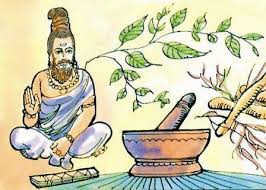In a significant acknowledgement of India’s ancient scientific heritage, the Atharva Veda has been recognized by historians and scholars as the earliest known treatise on human diseases and medicine. Believed to have been composed between 1200 BCE and 1000 BCE, the Atharva Veda predates other classical medical texts and lays the foundational framework for what would later evolve into Ayurveda.
Unlike the other three Vedas, which primarily focus on rituals and spiritual knowledge, the Atharva Veda delves into the realms of health, healing, and disease, containing hymns and verses that describe:
- Causes and cures of diseases
- Use of herbs, roots, and minerals
- Magical and spiritual healing practices
- Concepts of mental and physical health
- Early notions of hygiene and immunity
“The Atharva Veda is not just a religious or spiritual text. It is a profound reflection of ancient India’s understanding of the human body and health,” said Dr. Meenakshi Iyer, a Vedic scholar and historian.
Many of the ideas introduced in the Atharva Veda laid the groundwork for later Ayurvedic texts like the Charaka Samhita and Sushruta Samhita, making it the earliest recorded source of Indian medical knowledge.
Researchers and cultural organizations are now working to digitize Vedic manuscripts, translate critical passages, and highlight the scientific relevance of ancient Indian wisdom to the modern world of medicine.







